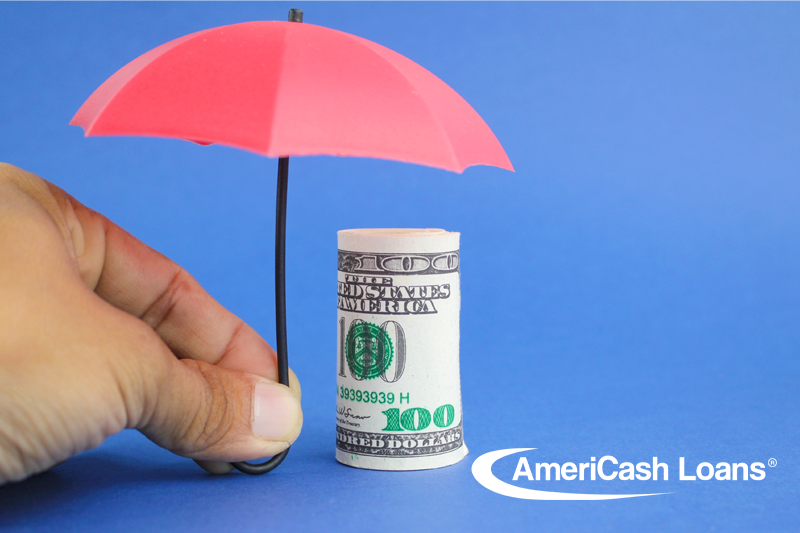
Is Deflation On The Horizon? How to Prepare For a Period of Financial Change.
Blog icon
The global economic landscape was been deeply impacted by the COVID-19 pandemic, and those lingering effects have impacted global economies with a period of high inflation. However, experts predict that a period of deflation may be on the horizon. Deflation means that the price of goods and services will drop, but so will production. While this may appear as good news to your average consumer, deflation is bad for global economies. Is deflation coming? We don't know. But being prepared never hurts! Here are two things you can do to be prepared if the global economies shift again.
Did you know that one in four Americans have no savings? Having an emergency fund is an essential safety net for when unexpected expenses or scenarios arise. In fact, experts recommend that you have at least three-months’ worth of money saved. Due to the lowered cost of goods and services, the workforce may see an increase in layoffs. Because of this, “Deflation usually results in households having less income, or at least that people stop getting raises”. Unexpected situations arise all the time. Regardless of the deflation outlook, it is important to build an emergency savings fund.
It is important to stay on top of your current investments and avoid new ones due to the heightened financial unpredictability during periods of deflation. In fact, deflation can limit the growth of your investments. During deflation, when prices decrease, people tend to buy less, causing companies to earn less money. This may result in the value of stocks and other assets going down and some companies may find it difficult to pay their debts and bills. So, during deflation, investments can be risky as the overall economic landscape is filled with challenges and uncertainty.
Don’t let deflation catch you by surprise, prepare now!
- Build an Emergency Savings Fund
Did you know that one in four Americans have no savings? Having an emergency fund is an essential safety net for when unexpected expenses or scenarios arise. In fact, experts recommend that you have at least three-months’ worth of money saved. Due to the lowered cost of goods and services, the workforce may see an increase in layoffs. Because of this, “Deflation usually results in households having less income, or at least that people stop getting raises”. Unexpected situations arise all the time. Regardless of the deflation outlook, it is important to build an emergency savings fund.
- Be Careful With Investments
It is important to stay on top of your current investments and avoid new ones due to the heightened financial unpredictability during periods of deflation. In fact, deflation can limit the growth of your investments. During deflation, when prices decrease, people tend to buy less, causing companies to earn less money. This may result in the value of stocks and other assets going down and some companies may find it difficult to pay their debts and bills. So, during deflation, investments can be risky as the overall economic landscape is filled with challenges and uncertainty.
Don’t let deflation catch you by surprise, prepare now!
